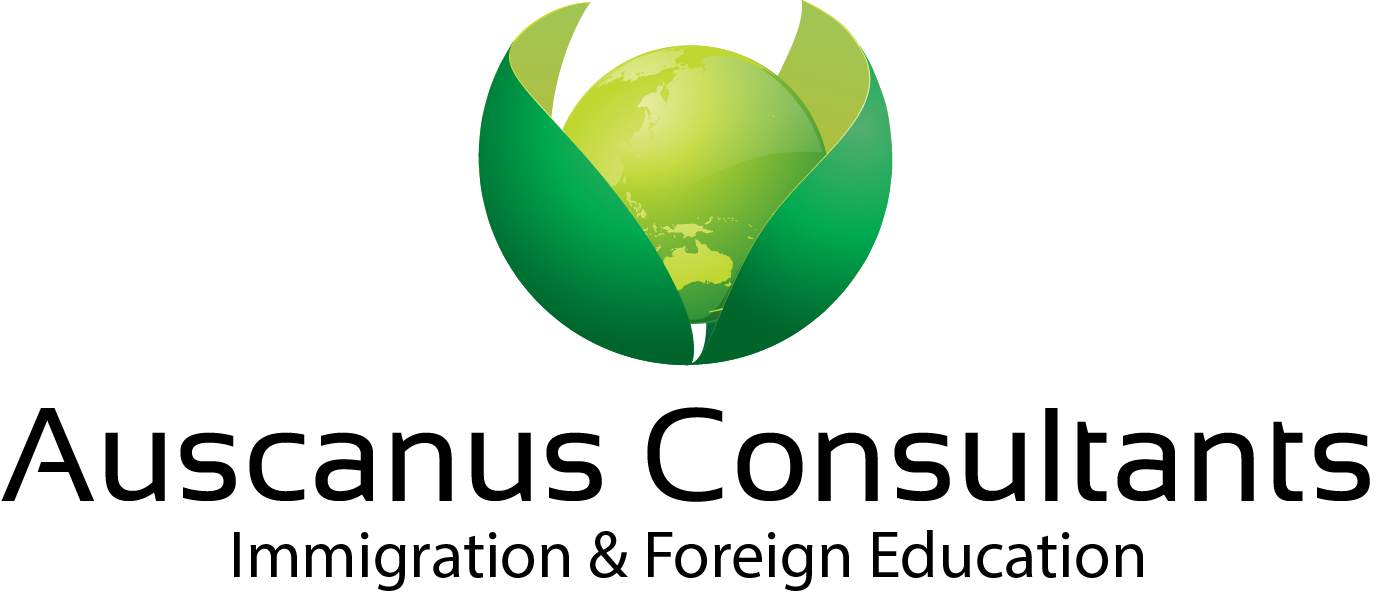Canada is known as a picturesque nation of cultural diversity, friendly people, and tolerant attitudes towards foreigners. Nearly a fifth of Canada’s students are welcomed from other nations, so here are some of the basics international students in Canada may need to know about Canadian life.
University or College Life in Canada
Higher education in Canada encompasses college and university. Each offers unique opportunities for learning and growing. At college or vocational school your days will be filled with career-focused learning in a very practical way. In addition to attending classes, this might involve shooting and editing your own videos in broadcasting or working with patients if you want to be a dental hygienist. You might spend the day designing and constructing kitchen cabinets if woodworking is your career choice. In short, you’ll get plenty of opportunities to practice your skills in real work environments.
At university, your days will include lectures and labs, tutorials, or workshops. This variety is what university life is all about, giving you a mix of learning, and doing that will help prepare you for your future career. Your professors and instructors schedule office hours for students, so you can meet with them to discuss assignments or questions. Each class also has at least one teaching or lab assistant—usually a graduate student in your field who is also available to provide extra learning support to students.
What to Expect as a Graduate or Postgraduate
As a graduate student in a master’s, Ph.D., or doctoral program in Canada, you will attend classes and spend much of your time doing original research or fieldwork for your final research project, thesis, or dissertation. You’ll thrive under the expert guidance of Canada’s renowned professors, researchers, and instructors. You may also work on campus as a teaching, research, or lab assistant.
At every level of higher education in Canada, student life is a huge part of your experience. College and university connect you with friends and colleagues who will remain valuable contacts throughout your career. You’ll likely enjoy a fun and active social life—whether it’s meeting friends for coffee, going out to pubs or clubs, experiencing your city outside of school hours, or traveling around Canada during your study breaks with friends.
Student Life in Canada
Canadian culture is influenced by British and French traditions, but its historical openness towards immigration means the country is a melting pot of many different cultures. Canadians are big fans of professional sports, with the most popular being the National Hockey League. Most Canadian cities host numerous sporting events, theatrical productions, and musical performances; and many emerging artists often play at university campus venues.
Manners and Behavior
Canadians are polite and community-oriented people who encourage foreigners to retain and share their own cultural practices. Their manners are similar to those found in America and Britain, and Canada also has a reputation as one of the safest countries on earth. The nation’s easygoing attitude makes it a fantastic place to study for international students of any background.
Food and Cuisine
Canadian cuisine goes far beyond the maple syrup and poutine stereotype, and thanks to French and British ancestry the nation offers a diverse set of dishes catering for every taste. Whether you sample the traditional French fayre offered up in Quebec, or the smoked meats, bagels, and tarts who owe their existence to the country’s Jewish population, most international students in Canada are likely to find something to remind them of home.
Student Accommodation
Most universities offer on-campus housing, with first-year students often prioritized for rooms. These are dormitory-style dwellings that may or may not come with shared amenities such as kitchens or bathrooms. Students who are uncomfortable with the idea of living in a mixed-sex area should inform the university of their requirements prior to reserving a room. Off-campus housing is also available in the form of family placement or private rentals.
Cost of Studying/Living for International Students
Students typically need between $15,000 and $30,000 Cdn per year to study in Canada, a figure which includes tuition, accommodation, and other living expenses. You will pay $15 Cdn for a typical restaurant meal, $6 Cdn for a domestic bottle of beer, and $2 Cdn for milk or bread. Monthly transport passes are priced at approximately $90 Cdn, and the average cost of basic utilities is $150 Cdn per month. Apartment costs vary wildly between regions, costing between $400-$1500 Cdn per month.
Work and Study in Canada
To work and study in Canada you must adhere to the rules of your study permit. International students are allowed to work jobs on campus with a valid study permit, but you must ensure that the company is legitimately university-affiliated. Off-campus work is also allowed for a maximum of 20 hours per week, but only if you possess a work permit or a study permit which states your eligibility.
Benefits of Becoming a Canadian International Student
Being an international student in Canada comes with a number of benefits, from the countless on-campus programs for integrating students, down to the immigration programs designed to help facilitate permanent residency applications, Canada’s reputation for educational excellence cannot be denied!
As the number of international students in Canada continues to increase, governments and schools are putting different plans in place to enhance the student experience, making it easier for interested international students to work and live in the country after their programs. Most universities and colleges offer an array of programs to integrate international students into different campus communities like assisted English as second language programs. A lot of schools also offer some competitive financial assistance to those international students that demonstrate high-caliber academics.
Apart from the programs designed to assist students in school, the Canadian government both at the provincial and federal levels also offers an array of immigration programs to help international students transition to permanent residence after
Request Call Back





















